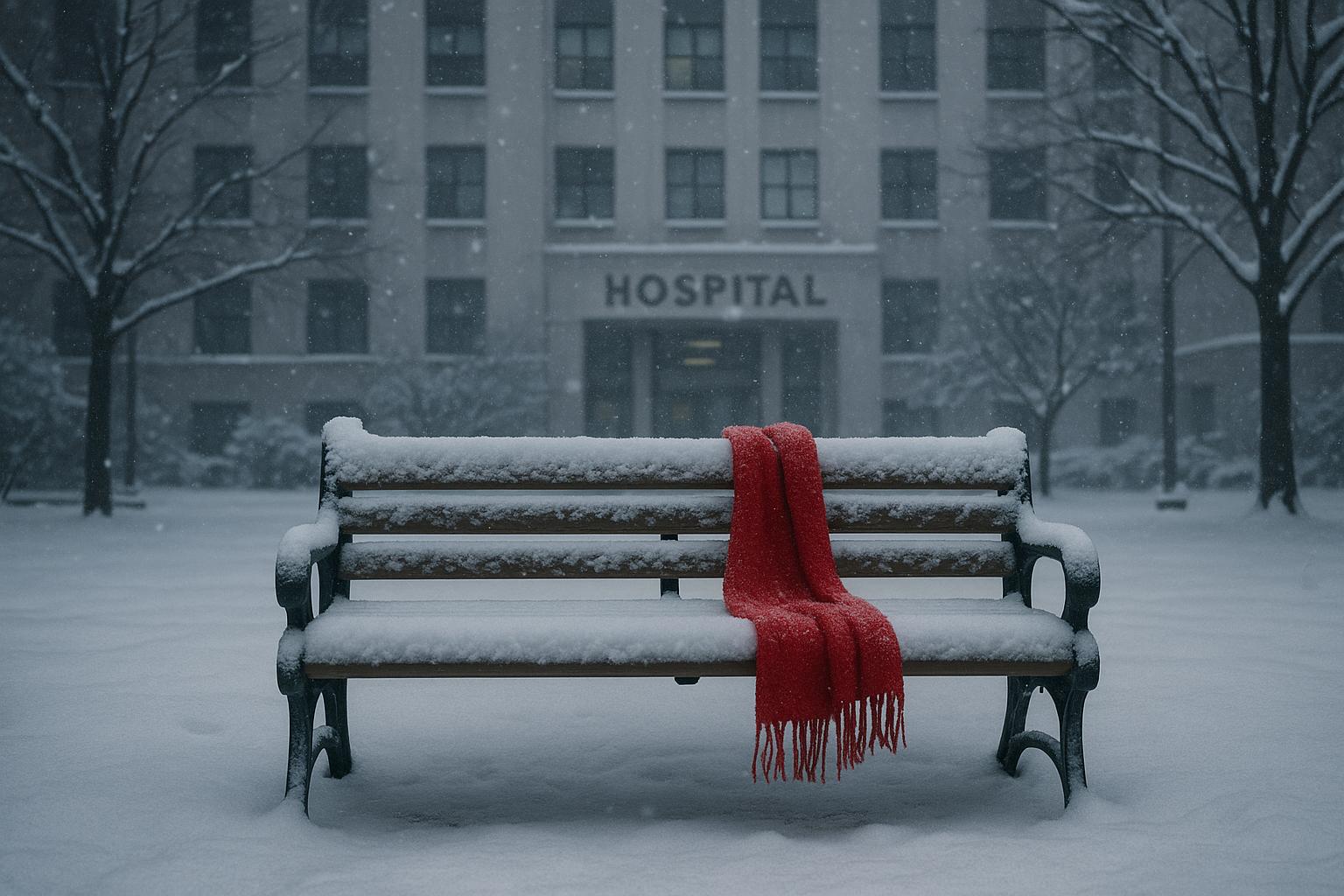As the autumn-winter season unfolds, the UK Health Security Agency (UKHSA) has issued a "mask alert," urging the public to consider wearing face coverings amid a rise in respiratory illnesses. The agency highlighted four key viruses currently circulating widely: influenza, COVID-19, the common cold, and respiratory syncytial virus (RSV). These infections typically see an uptick during the colder months, prompting renewed public health advice aimed at curbing their spread.
In its public communications, including a recent post on the social media platform X, UKHSA emphasised practical steps for individuals and families feeling unwell. The guidance includes staying at home whenever possible, frequent hand washing, covering coughs and sneezes with tissues, ensuring adequate ventilation indoors, and considering face masks when going out. These measures are designed to reduce transmission and protect vulnerable groups.
This advice echoes calls from international health experts. Swiss epidemiologist Tanja Stadler, chair of the Swiss Confederation's COVID scientific task force, recently told SonntagsZeitung that wearing masks in crowded, enclosed spaces such as public transport is advisable, especially for those over 65 or with weakened immune systems. Marcel Tanner, a public health professor emeritus in Basel, endorsed mask-wearing for anyone with a cold to prevent spreading infections in public spaces.
Furthermore, UKHSA is strongly encouraging vaccination against the flu, COVID-19, and RSV ahead of winter. Surveillance data indicates a gradual rise in COVID-19 positivity rates, underscoring the importance of immunisation for eligible groups, including pregnant women and children. The "Stay Strong. Get Vaccinated" campaign aims to boost vaccine uptake through multiple media channels, reinforcing vaccination as a cornerstone of respiratory illness prevention.
The World Health Organization (WHO) supports similar messages, highlighting the "triple threat" of co-circulating COVID-19, influenza, and RSV viruses during the colder months. WHO campaigns call on individuals and communities to protect vulnerable populations by practising good hygiene, staying home when unwell, ensuring good ventilation, and wearing masks in crowded or poorly ventilated spaces.
Public health bodies like the US Centers for Disease Control and Prevention (CDC) provide further resources to help both the public and healthcare providers prepare for and mitigate respiratory virus risks. These include educational toolkits emphasising vaccination and everyday prevention behaviours as the most effective protection against severe respiratory illness.
Recent UK surveillance reports show a mixed picture: while COVID-19 activity has declined in many measures to baseline levels, influenza remains at high levels, and RSV is circulating at lower levels. This dynamic situation requires continued vigilance and adherence to recommended preventive measures, including mask-wearing, to reduce transmission risk as winter progresses.
Reinforcing these points, UKHSA recently revisited its guidance on winter respiratory infections, underlining that fundamental behaviours such as mask use, hygiene, isolation when sick, and vaccination remain critical even as new COVID variants like BA.2.86 emerge.
In summary, as four major respiratory illnesses sweep through the UK this winter, health authorities both domestic and international urge comprehensive protective practices centred around vaccination, mask-wearing, hygiene, and staying home when ill. These measures collectively aim to protect public health, reduce hospital pressure, and safeguard those most vulnerable in the community.
📌 Reference Map:
- Paragraph 1 – [1] Birmingham Mail, [6] UKHSA Blog
- Paragraph 2 – [1] Birmingham Mail, [3] WHO Europe
- Paragraph 3 – [1] Birmingham Mail
- Paragraph 4 – [2] UK Government
- Paragraph 5 – [3] WHO Europe, [7] WHO Europe
- Paragraph 6 – [4] CDC
- Paragraph 7 – [5] UKHSA Surveillance Report
- Paragraph 8 – [6] UKHSA Blog
- Paragraph 9 – [1] Birmingham Mail, [2] UK Government, [3] WHO Europe
Source: Noah Wire Services
